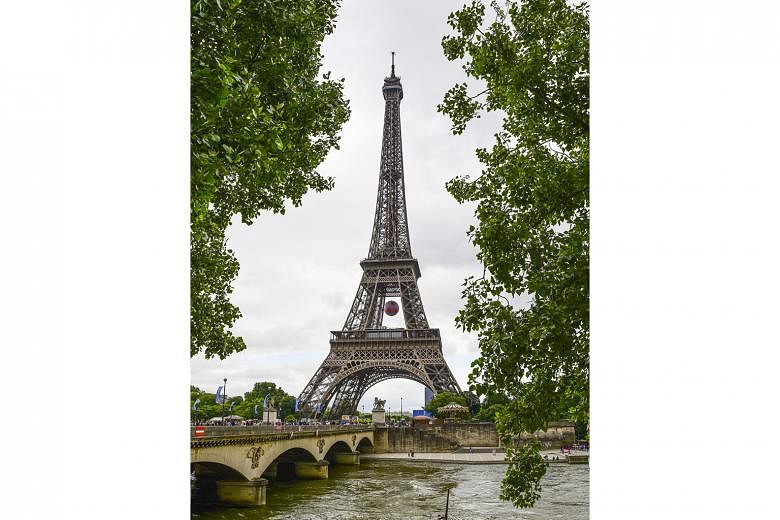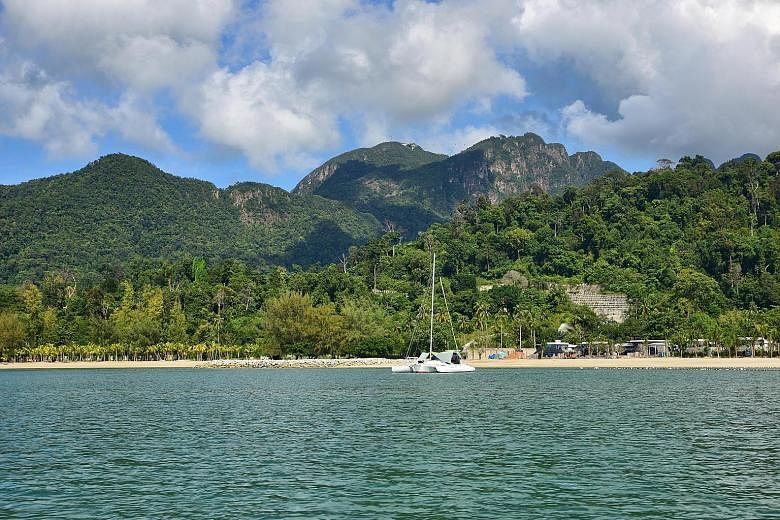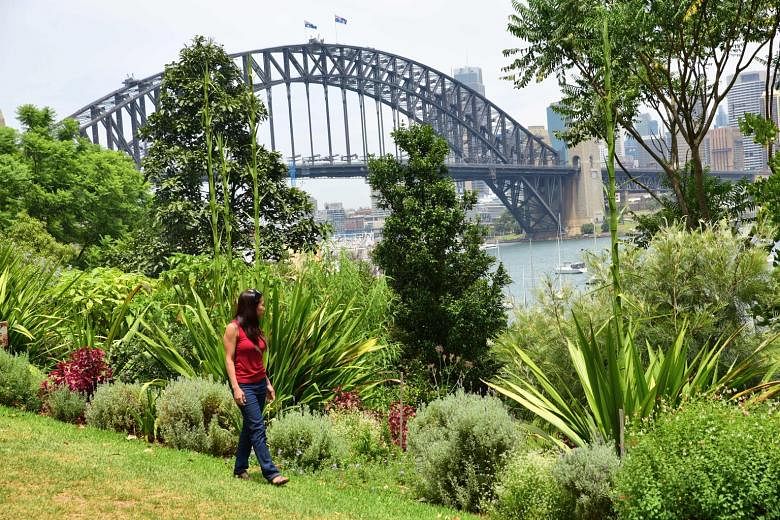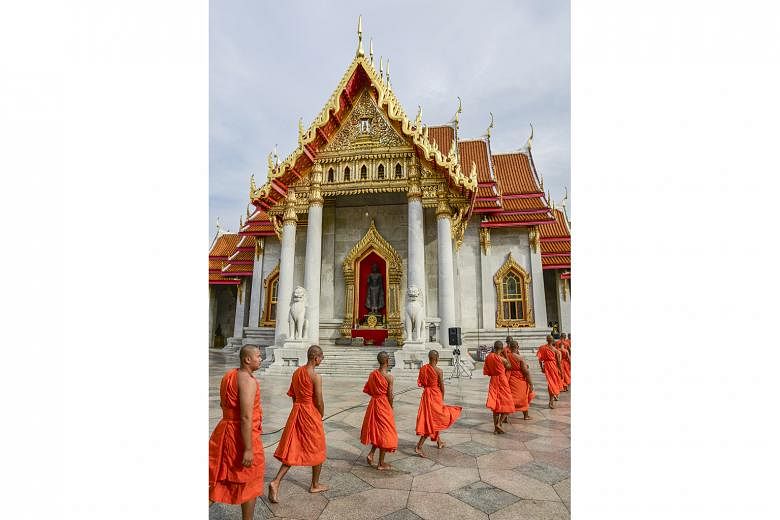The eventual retreat of the coronavirus may trigger "revenge travel".
This will be a new phenomenon of pandemic-weary people deciding to travel heavily to make up for lost time when borders open.
The coronavirus has been a catastrophe for the global travel industry, with many hotels closed, the cruise sector in crisis and airlines suspending operations.
Yet there is a shadow of hope in the distance, tourism experts tell The Sunday Times.
Just as retail spending often spikes after a recession, restrictions on human movement due to the pandemic may increase the desire to travel, according to tourism professor Andreas Papatheodorou from Greece's University of the Aegean.
This will mirror the "revenge shopping" reported in Wuhan since China recently reopened the city's retail outlets after a 76-day lockdown.
"Revenge travel is a rather new concept and refers to people eager to take revenge for their suffering as a result of spoilt travel plans," he says.
"Just as we refer to a V-shaped economic recovery after normal economic crises, the idea is that travel will rebound sharply because people would like to celebrate a return to normality. They will want to get back to their usual travel behavioural pattern as soon as possible."
This sentiment is echoed by Dr Pierre Benckendorff, an associate professor in tourism from the University of Queensland in Australia.
He observes that between 1950 and last year, only three events had caused a significant decline in global tourism - the 1982 world recession, the 2003 severe acute respiratory syndrome outbreak and the 2009 global financial crisis.
This year is likely to see the sharpest-ever drop in global tourism, he says. But once the virus abates, the travel industry will enjoy a robust revival.
"When you look at what happens to tourism after a crisis, you always see a strong rebound," Dr Benckendorff says. "There will be considerable unmet demand for travel while people are locked down and once they are able to travel again, we will see a surge in travel.
"We are already seeing this in China, where some jurisdictions have lifted lockdown restrictions. So it is not a question of if, but when and how fast this will occur."
NOT ALL ROSY
If tourism does recover quickly once the coronavirus is controlled, this can have a range of negative impacts, according to Prof Papatheodorou.
Revenge travel can cause congestion in popular destinations. It may also lead to price gouging by tourism service providers who seek to recoup some of their huge losses during the 2020 downturn.
But both professors also stress that the huge uncertainty surrounding the trajectory of the coronavirus and the search for a vaccine make it harder to predict the short-to medium-term future of the travel industry.
Indeed, other travel experts are less optimistic.
Tourism professor Marina Novelli, from England's University of Brighton, does not foresee a quick recovery for tourism.
"There will be people who may return to travel as soon as they are able to do so once the pandemic is declared over and borders reopen," she says.
"But this will be a minority and we do not yet know when this will be. People will go back to travel, but this will happen slowly, moving from local to national and then international too."
Tourism is likely to rebound at varying levels in different countries, according to Professor Sheela Agarwal from the University of Plymouth in England. She thinks the tourism industry will be slower to respond than many people expect.
Countries less affected will see a quicker rebound in tourism.
Citizens whose governments have dealt with the coronavirus effectively will likely see it as less of a threat and so return to travel sooner.
Tourism professor Tom Baum, from Scotland's University of Strathclyde, believes there will be pent-up demand for travel, but that tourists will likely become a lot more cautious.
He expects that the cruise industry, in particular, will "suffer greatly".
He also expects any post-coronavirus rebound in travel to be limited by short-term capacity issues, since airlines will not be able to operate some routes while navigating the path back to normality.
Tourism will eventually rally, but it can take a long time to regain the momentum it had prior to the pandemic, according to tourism professor Donna Chambers from Britain's University of Sunderland. Neither does she think there will be a surge in revenge travel.
All six experts, however, agree on one thing: The tourism industry has been changed forever. How quickly and robustly it rebounds, only time will reveal.
• The writer is an Australian journalist and photographer who splits his time between Ireland and Asia.




